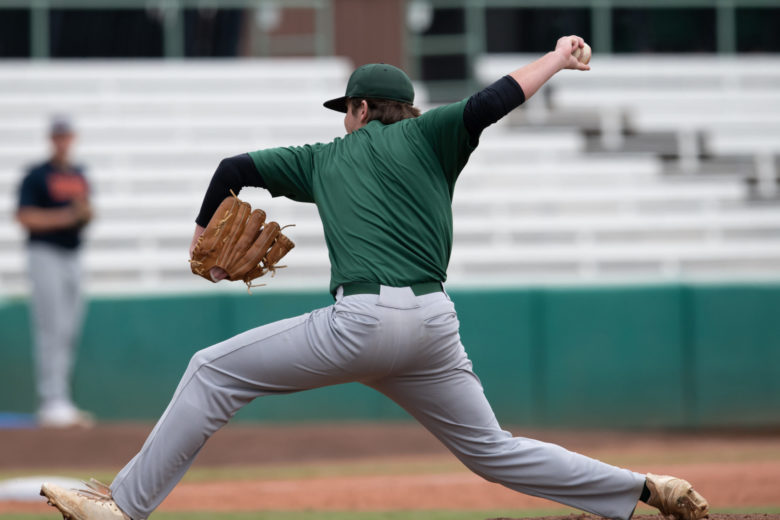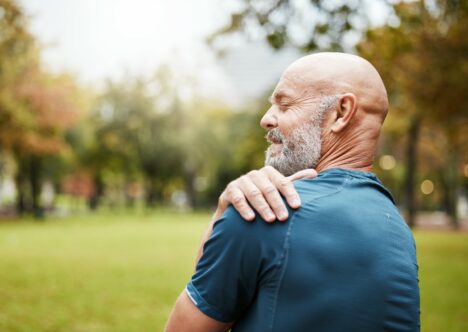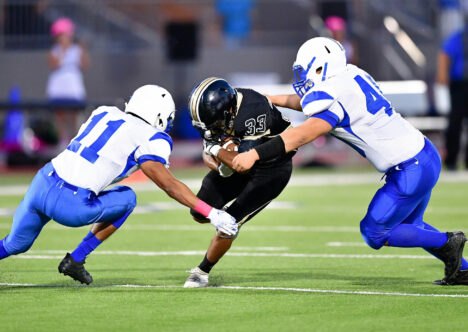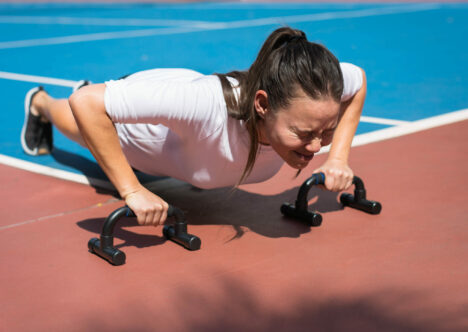Use our convenient online scheduler to book an appointment now.

Athletes often experience shoulder injuries as a result of their intense and repetitive training routines. In most cases, the muscles, ligaments, and tendons are injured, but it’s also common for the labrum, the cartilage that holds the joint in place, to tear. Not all labral tears are the same, though. SLAP tears, in particular, are a unique type of labral tear.
The acronym S-L-A-P stands for Superior Labral tear Anterior to Posterior. The labrum is a ring of cartilage around the edge of the shoulder socket (glenoid). The point where the ligaments connect the ball side (the humerus, or upper arm bone) to the socket is called the lower or inferior labrum. The point where one of the biceps tendons connects at the top of the joint socket is called the superior labrum.

Although a labral tear can occur anywhere on the glenoid , when it happens at the upper part of the joint, it’s considered a SLAP tear. The different location of the injury causes different symptoms than other labral tears.
SLAP Tear Symptoms
Doctors typically diagnose SLAP tears based on your medical history, a physical examination, and in many cases, imaging tests (X-ray and/or MRI) to determine the location and extent of the injury. That said, the following symptoms are most common.
1. Pain
Most often, people with SLAP tears will experience pain. Often this pain is in the front of the shoulder, sometimes in the back, and sometimes it is just a nagging pain deep in the shoulder. The pain usually gets worse with increased shoulder usage, particularly during or after throwing, swimming, or other similar overhead activities.
2. Clicking/Catching/Popping
Although clicking and popping are often listed as common SLAP tear symptoms, they are quite rare. Sometimes when the superior labrum tears, it creates a free piece or flap. This loose cartilage may get caught in your joint or move around in such a way that it creates a clicking sensation.
3. Weakness
Weakness is another rare SLAP tear symptom. Sometimes, a tear can cause a benign cyst to form. This cyst can press on a nearby nerve in the back of your shoulder, leading to muscle atrophy and weakness.
However, any shoulder injury can cause weakness, especially since pain makes it difficult to put in full effort. You should see a doctor any time you have shoulder weakness, as it can be a sign of several potential conditions.
4. Instability
An intact labrum — both upper and lower — is a critical component of shoulder stability. Although no stabilizing ligaments attach to the superior labrum, because the labrum is a ring, a tear in one location can lead to looseness in another location. This can cause instability, the sense that your shoulder is slipping out of the joint.
Instability is one of the most common symptoms of a glenoid labral tear. However, because SLAP tears are a different type of labral tear, instability doesn’t always occur. If it does, it’s not likely to be as pronounced as with other injuries.
5. Throwing and Overhead Sports Dysfunction
SLAP tears are common among throwing athletes. When they occur, throwers may note a loss of velocity or control when throwing. In addition, some throwers may complain of a “dead arm,” or a sudden onset of any of the symptoms described above, often with associated neurological symptoms like numbness or tingling, and fatigue.
Your Free Guide To Shoulder Injuries, Pain, Treatment & Prevention
Treating SLAP Tears
If you have any of these symptoms of a SLAP tear, make an appointment to see an orthopaedic sports medicine shoulder specialist. At Town Center Orthopaedics, our team will evaluate your injury and provide treatment that gets you back to your sport as soon as possible. To schedule a visit, call Town Center Orthopaedics any time at (571) 250-5660 or click here to request an appointment.
Join our Mailing List
TCO provides patients with orthopedic problems the trusted resources and patient-centered advice they need to “Feel Better. Move Better. Be Better.”
© 2024 Town Center Orthopaedics | All Rights Reserved


